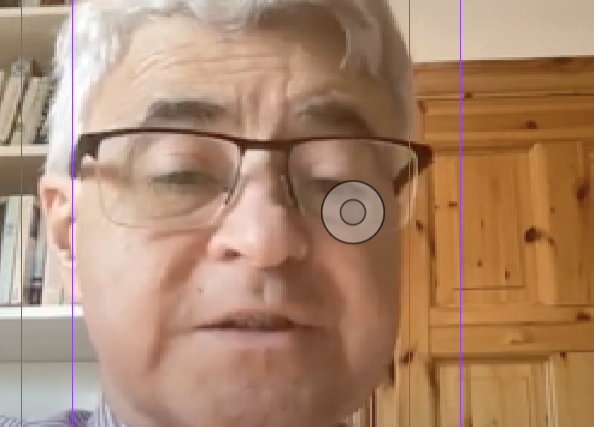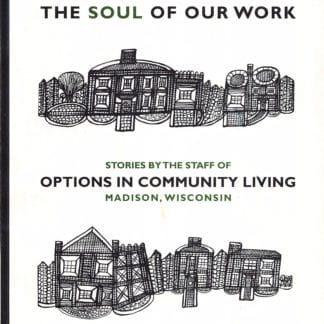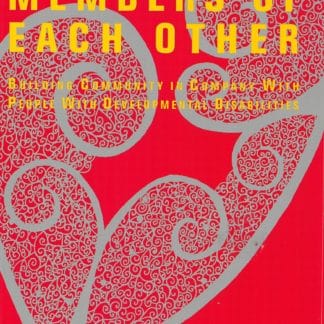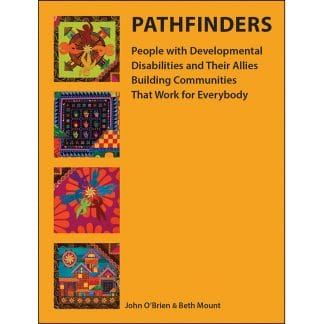
Supporting Transformation: Learning Groups
The call for transformation of the way people with disabilities and their families experience publicly funded support is clear. They resonate from the UN Convention on the Rights of Persons With Disabilities to the US Community Rule to the British House of Lords Gloriously ordinary lives report. Learning to work for social inclusion in a person-centered way defines the world’s adaptive challenge.

A Gloriously Ordinary Life
Tricia Nicoll

Transformation of Services
Gerard Quin
UN Special Rapporteur on the Rights of Persons with Disabilities
We all want to live in the place we call home
with the people and things that we love,
in communities where we look out for one another,
doing things that matter to us.
That’s the social care future we seek.
#socialcarefuture.
Twenty-first Century supports intentionally develop these capacities.
• Deep respect for each person’s identity, relationships and autonomy. Necessary supports are co-created, one person at a time, taking direction from shared vision of a good life in community. Habits of claiming power over people–such as legal guardianship–are rigorousy questioned.
• Capable, reliable support to active participation in community life. Extending people’s opportunities by negotiating valued roles in ordinary places
• Encouraging and supporting real choices of where and with whom to live; opportunities for meaningful employment in a labor market that is becoming steadily more inclusive; lifelong access to learning alongside other citizens; access to sport, leisure and cultural roles.
• People with disabilities have an important part to play in building communities that work better for everybody. This is a fundamental source of meaning and purpose for the work.
Twentieth Century patterns of service have delivered some real benefits. But too often they congregate people ith disabilities in special places at the edges of community life, focus on fixing system defined deficiencies, and treat their clients as passive recipients of care. Structures and mindsets limit opportunities for inclusion and person-centered support.
Transformation takes more than improving existing services by adopting new practices. Transformation reshapes power relationships, lets go of familiar structures and practices that congregate and control, and generates individualized supports for discovering meaningful roles and relationships in community life. This means real losses for those who are part of 20th Century organizations. Organizing for 21st Century capacities face risks produced by misaligned structures that fund and regulate supports.
Read Seeking Transformation.
Read Person-Centered Planning and System Change.
Learning groups that support transformation
• Bring together teams from organizations for a number of gatherings over several months.
• Offer opportunities for cross-team sharing and building a community of practice.
• Engage participants in discovery rather than teaching a blueprint. Transformation is social innovation.
• Structure application of frameworks for making sense of transformation and practices to facilitate transformation.
• Inquire deeply into highest purpose. What gives meaning to the work of offering support?
• Balance attention to the invention of new forms of support with the inner work of transformation.
• Embrace different ways of knowing. Good support is a social art.
• Encourage learning by taking a next step into what more is possible and reflecting on what happens.
The New York Learning Institutes for Social Innovation
Outfitters
Neighbours International
Area
NORCAL2|
Etc.

the NEW YORK LEARNING INSTITUTES for Social Innovation



